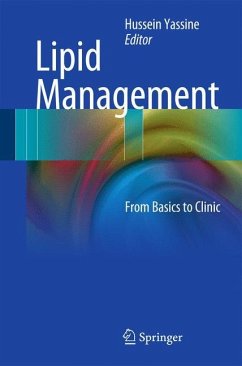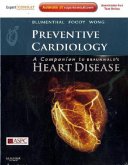This timely, concise title provides an important update on clinical lipid management. Using information from recent clinical trials and in special populations, the book begins by offering an easy-to-read overview of LDL, HDL, and triglyceride metabolism and the genetics of lipid disorders. The link between inflammation and lipids, and how this relates to atherosclerosis development, is also addressed, as are the measures of subclinical atherosclerosis in patients with abnormal lipid levels. Lipid abnormalities in children, with a particular focus on vulnerable populations (with an emphasis on ethnicity and childhood obesity), are covered. The treatment goals and approaches for managing lipids in the clinic are thoroughly discussed, emphasizing the important role of statin use and addressing controversies of lipid management in special populations such as heart failure, end stage kidney disease and fatty liver disease. Of special note, an important update on how new HIV medicationsimpact lipid levels is provided. In all, Lipid Management: From Basics to Clinic, is an invaluable, handy resource for understanding changes in lipids in different populations and for sharpening the clinical approach to managing complicated lipid cases.
Bitte wählen Sie Ihr Anliegen aus.
Rechnungen
Retourenschein anfordern
Bestellstatus
Storno








